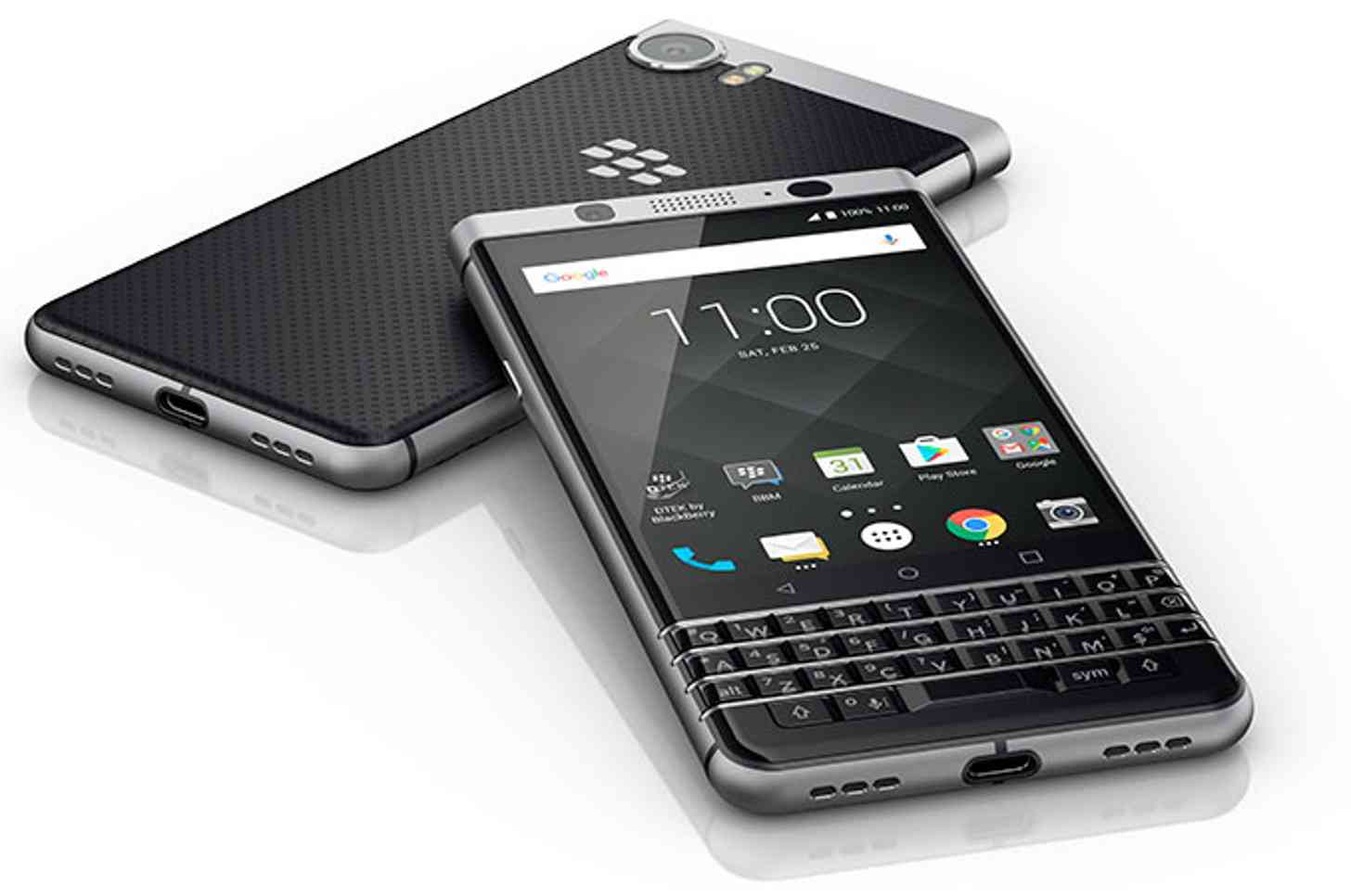
Seeing brands like BlackBerry, Nokia, and Motorola in the headlines following MWC might have you wondering “What year is it?” With devices like the BlackBerry KEYOne, Nokia 5, 3, and 3310, and further development on Moto Z’s modular front, it’s interesting to see these previously fading brand names return to the spotlight. As we are introduced to the spiritual successors of these once prestigious brands in the mobile industry, it has become increasingly clear that brand names in this industry still play an important role in what piques our interest and what doesn’t.
I always tell myself that brand name isn’t everything. Yet, year after year, when I inevitably get the itch to upgrade my phone (despite hardly ever absolutely needing to, but we all have our vices I suppose) I’m always drawn to the same few major brands that I’ve always been familiar with: HTC, Samsung, Apple, Motorola, Nokia, and BlackBerry. Rarely do I venture outside of those brands, and when I do it never seems to last long. So while I’m not particularly loyal to one brand, I do seem to be loyal to a select few.
Over the years, the amount of time I have to dedicate to this hobby has dwindled. It’s why I’ve stopped rooting my Android devices when I have one, and I think that’s why I tend to stick to the brands that I’ve had good experiences with in the past. I’m well aware of brands like Xiaomi, OnePlus, Oppo, ZTE, and Kyocera, but since I don’t have a history with those brands and am not particularly unhappy with the few I do have a history with, I haven’t had much of a desire to buy from those brands.
Another thing that keeps me in the same cycle of brands, at least recently, is that there seems to be an insane amount of promotions going on for major brands if flagships, particularly in the United States. BOGO offers on flagship devices have become a common occurrence, and if you’re patient when it comes time to upgrade you can buy last year’s flagship for up to half its original price, and sometimes even less (currently there’s a deal going on at Best Buy to buy the LG G5 for $120). Additionally, Samsung runs more promotions than I can count where you get some sort of freebie, like a Gear VR or 256GB microSD card, as well as ongoing Samsung Pay promotions.
While lesser known brands are often cheaper from the get-go, there’s still a fixation on owning a smartphone from a recognizable brand here in the States – and not just any smartphone, either. It has to be a flagship.
I still put flagships on a pedestal after having some less-than-stellar experiences with “cheap” smartphones several years ago. Although I realize that budget smartphones are perfectly capable of handing the casual tasks that I do a day-to-day basis, I still flock to brand name flagships “just in case” I need some of those more powerful features someday. So far, that day hasn’t come. Even my main reasons for buying a flagship – the cameras – aren’t functions I use much anymore as I’ve officially grown tired of taking “selfies”, and even the best smartphone cameras have trouble snapping clear pics of my children, who have since been nicknamed Sonic the Hedgehog and Speedy Gonzales.
But even if I don’t need a flagship phone, I think I still subconsciously go for them because I have a high opinion of particular brands and makes of phones. I’m not sure why because even highly reputable brands can come out of left field with some unfortunate issues (see: iPhone “Antennagate” and the Note 7 explosions) and even more unfortunate solutions (“You’re holding the phone the wrong way,” and a rushed replacement that also exploded). I guess it’s just one of those cases where I keep deciding to go with the devil I know versus the devil I don’t.
Readers, how important are brand names to you? Do you tend to go for the same brands, or do you like to try out new brands?